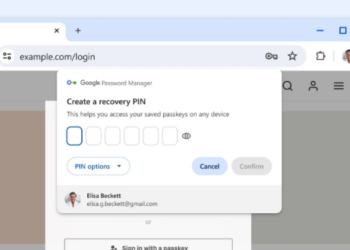Spotify is set to revolutionize its royalty system, promising a staggering $1 billion windfall for artists over the next five years. This bold move, aiming to enrich both emerging and established artists, marks a significant shift in the music streaming landscape.
The upcoming changes are multi-faceted: They target streaming fraud, adjust the distribution of smaller payments, and raise the bar for generating royalties. From next year, only tracks with a minimum of 1,000 streams in the past 12 months will be eligible for royalties. This threshold is a strategic step to ensure more substantial payouts reach artists, rather than being diluted into insignificant sums.
Spotify clarifies that this model won’t increase their earnings. Instead, it reallocates millions of dollars annually to amplify payments for eligible tracks. This redistribution is a game-changer for artists whose tracks are streamed frequently, as it veers away from minimal payments (like the average $0.03 per month) for tracks with lower streaming numbers.
With over 100 million tracks on Spotify, this overhaul is timely. It addresses the needs of a dynamic industry, where tens of millions of tracks currently fall into the 1 to 1,000 streams range annually. By refocusing its royalty distribution, Spotify is not just tackling streaming fraud and enhancing payment systems, but also making a profound statement about valuing artist contributions.
Spotify’s shift is a landmark in fairer royalty distribution, reflecting a deeper understanding of the challenges and aspirations of artists in the digital age. This initiative could set a new standard in the music streaming industry, potentially inspiring other platforms to follow suit. It’s a win-win: artists receive deserved recognition and compensation, while Spotify cements its commitment to supporting the creative community.




















































